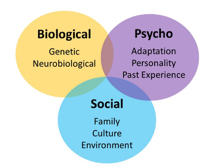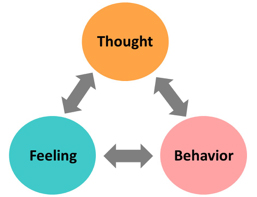


Based on the available information provided in this scenario, select options to include in your treatment plan for this patient.
Select all that may apply:
Please select the correct answer from the choices below:

Reference: Conley S, Redeker NS. Cognitive Behavioral Therapy for Insomnia in the Context of Cardiovascular Conditions. Current sleep medicine reports. Sep 2015;1(3):157-165.

Reference: Conley S, Redeker NS. Cognitive Behavioral Therapy for Insomnia in the Context of Cardiovascular Conditions. Current sleep medicine reports. Sep 2015;1(3):157-165.